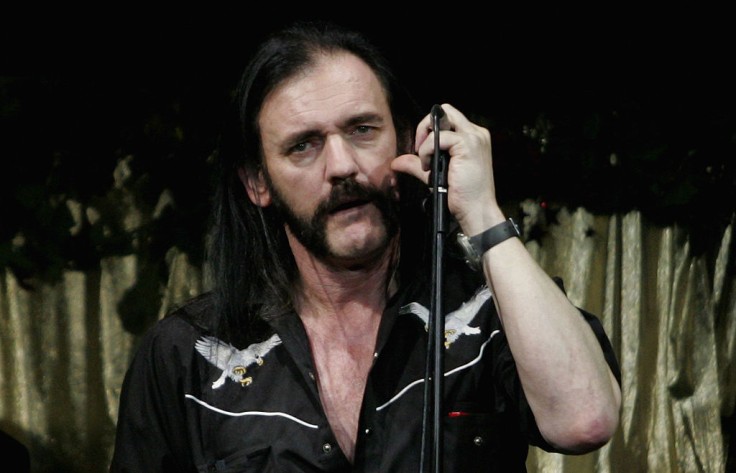
Eight years ago, the music industry lost Ian "Lemmy" Kilmister.
Before his death, Kilmister suffered different health issues that tested his strength as an individual and an artist. Despite the problems, he did not let them stop him from doing what he wanted to do. In fact, he was still able to celebrate his 70th birthday on December 24, 2015, days before his death.
What Happened to Lemmy Kilmister?
On December 28, 2015, Motörhead's management confirmed Kilmister's death in a statement. The musician, 70, reportedly died from cancer - the same issue that led him to cancel some of his shows.
"There is no easy way to say this...our mighty, noble friend Lemmy passed away today after a short battle with an extremely aggressive cancer," his band said in a statement. "He had learnt of the disease on December 26th, and was at home, sitting in front of his favorite video game from The Rainbow, which had recently made its way down the street, with his family."
A news outlet exclusively obtained his official death certificate, which listed prostate cancer, cardiac arrhythmia and congestive heart failure as the causes of his death.
In the years before his passing, Kilmister was diagnosed with diabetes and hematoma. He was also fitted with a defibrillator in his chest. The icon also suffered from a lung infection that led him and his band to cancel several tour dates.
Initial checkups did not discover something wrong with him despite Kilmister saying he had chest pains. His manager, Todd Singerman, grew so concerned about his faltering speech that he asked the doctors to perform a brain scan.
The management company also thought he probably suffered a stroke.
After the blood tests and procedures, they found out he had cancerous tumors in his brain and neck. The medical professionals said his condition could not be treated and that he only had two to six months to live.
In July, The Wacken Open Air's 32nd edition honored Kilmister by bringing Kilmister's ashes, which was enshrined at the event as part of the celebration of life prepared for him.
"We will create a place of remembrance for him that does justice to his significance for an entire genre and beyond," co-organizer Holger Hübner said. "There has always been a special connection between MOTÖRHEAD and Wacken Open Air; hardly any band has played here more often. The fact that his journey also ends here will forever hold a special meaning."
© 2025 MusicTimes.com All rights reserved. Do not reproduce without permission.




